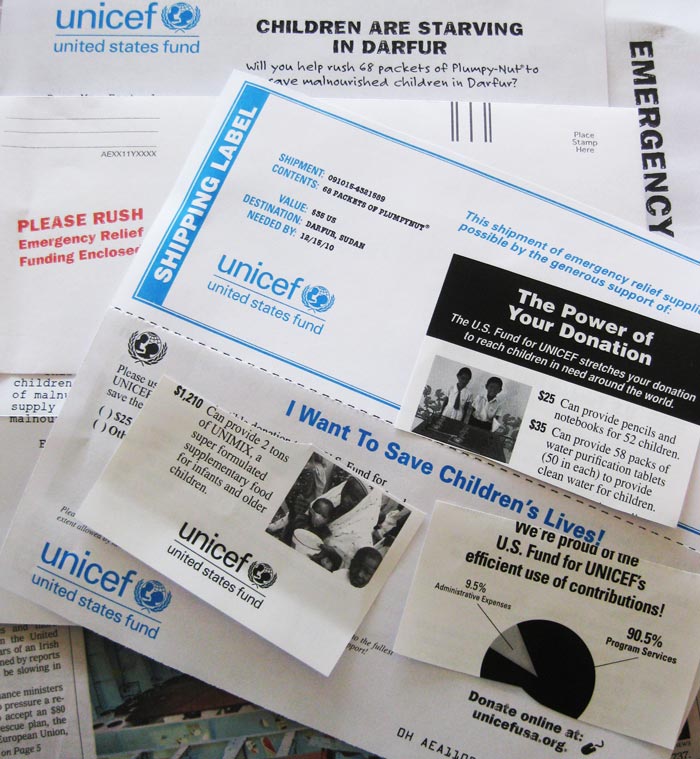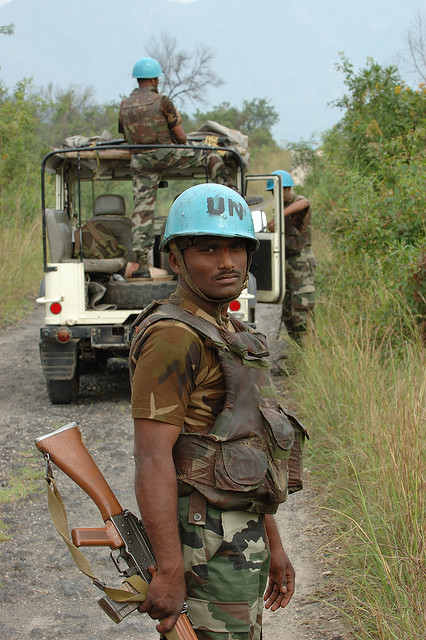by David Roodman, Senior Fellow at the Center for Global Development
As Vivek Nemana reported here, the Indian microcredit industry has pitched into what appears to be a replay of the American subprime debacle. I just spent a week in India, talking to nearly everyone. I learned there were so many complexities—history, politics, institutional rivalries— that to just view events through the foreign lens of the subprime crisis is…actually about right.
The microcredit industry indeed appears to have grown irresponsibly fast, partly out of pursuit of profit. But this is not a simple morality play. The state government’s response (an October 14 ordinance) is draconian, tantamount to banning mortgages after a mortgage crisis. Why such a crackdown? The rise of private microcredit threatened a big, World Bank–financed government program that provides credit and other services.
Until last month, India was home to the fastest microcredit expansion the word has seen. Between 2003 and 2009, the number of microloans shot from 1.0 million to 26.7 million. Unlike in Bangladesh, which India recently surpassed in number of microloans, investor-owned, for-profit companies do most of lending in India. SKS Microfinance went public in July, earning tens of millions of dollars for founder Vikram Akula, venture capitalist Vinod Khosla, and others. This inevitably led many to blame the hypergrowth on pure greed. I don’t doubt that pursuit of profit played a big role, but Akula’s new book also persuades me that he concluded—along with most of the Indian microcredit industry—that reaching the poor required being profitable enough to attract serious venture capital.
Nipping at SKS’s heels were other microcreditors, also based in Hyderabad, which helped make Andhra Pradesh India’s microcredit hotbed. Villagers experienced the arrival of 2, 3, 4, even 8 or 10 microcreditors within the last few years, all eager to press loans into the hands of women. Loan officers learned that they could line up customers more quickly in villages where their competitors already operated, for there the women would have been educated in the mechanics of microcredit—and might want new loans to service old ones. So loans were heaped on top of loans.
Even Vijay Mahajan, the president of the microfinance industry association, has been bluntly critical:
In their quest to grow, they kept piling on more loans in the same geographies…That led to more indebtedness, and in some cases it led to suicides.
Unfortunately, while loan disbursement became irrationally exuberant, loan collection remained insistent. Microcredit is about mass-producing low-quality services in order to keep costs in line with the small amounts transacted. For the machine to run efficiently, clients must keep up on their payments. Microlenders also pounce on delinquency to prevent it from snowballing, so that women will not ask, “Why should I pay if she is not?” Loan officers now stand widely accused of harassing borrowers, yelling at them outside their homes, even threatening violence. The pressure has been blamed for at least 54 suicides. While the allegations are individually dubious, arising as they do in a politically charged, media-scrutinized environment, the link to suicide is plausible. Microcredit is the least flexible, least forgiving form of credit available to the poor of Andhra Pradesh, thus most likely to push them over the edge.
So the Andhra Pradesh government responded to a real problem. However, its response is also a real problem. As I explain on my blog, the October 14 law has frozen microcredit in across the state; it contains provisions that would be unconstitutional in many countries; and it could bankrupt several lenders. The law is defending a rival government program that provides credit and other services to millions of women in self-help groups. Because these groups are communal rather than corporate, they tend to be more lenient than microcreditors. When cornered, women with multiple loans default on self-help group loans first. Thus did the public and private programs collide.
These events should be cause for introspection at the World Bank, which has financed both sides, but especially the government’s self-help group support program (with $1 billion or so). The latter may well be doing much good. But World Bank money has also beefed up a political economy hostile to private sector solutions.
Perhaps the heedlessly expanding Indian microcredit industry deserved a smackdown. But what matters most is not what is fair to the microcreditors but what is best for the poor. The Indian government has built an impressive 50-year track record failing to meet the financial service needs of the poor. Under the right circumstances the private sector can help fill the gap. The goal should be to reform microfinance, not kill it.
 From Aid to Equality
From Aid to Equality





 Story in today's NYT
Story in today's NYT






